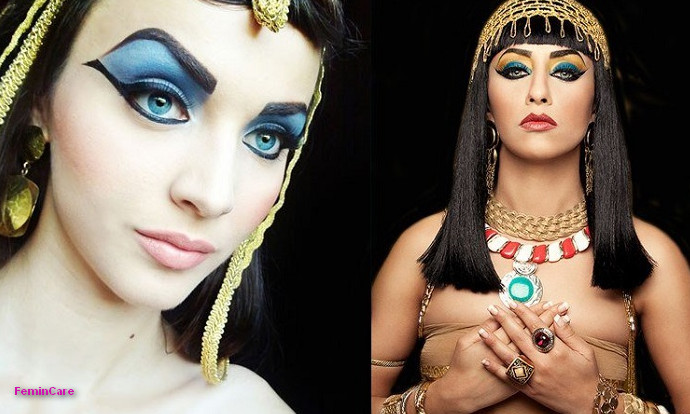A woman is a female human being.
The term woman is usually reserved for an adult, with the term girl being the usual term for a female child or adolescent.
The term woman is also sometimes used to identify a female human, regardless of age, as in phrases such as "women's rights".
Women with typical genetic development are usually capable of giving birth from puberty until menopause.
With regard to gender, a woman may also be a person whose sex does not align with their gender identity, or those who have sexual characteristics that do not fit typical notions of male or female (intersex).
The spelling of "woman" in English has progressed over the past millennium from wīfmann to wīmmann to wumman, and finally, the modern spelling woman.
In Old English, wīfmann meant "female human", whereas wēr meant "male human". Mann or monn had a gender-neutral meaning of "human", corresponding to Modern English "person" or "someone"; however, subsequent to the Norman Conquest, man began to be used more in reference to "male human", and by the late 13th century had begun to eclipse usage of the older term wēr.
The medial labial consonants f and m in wīfmann coalesced into the modern form "woman", while the initial element, which meant "female", underwent semantic narrowing to the sense of a married woman ("wife").
It is a popular misconception that the term "woman" is etymologically connected to "womb". "Womb" is actually from the Old English word wambe meaning "stomach" (modern German retains the colloquial term "Wampe" from Middle High German for "potbelly").
The symbol for the planet and goddess Venus or Aphrodite in Greek is the sign also used in biology for the female sex.
It is a stylized representation of the goddess Venus's hand-mirror or an abstract symbol for the goddess: a circle with a small equilateral cross underneath.
The Venus symbol also represented femininity, and in ancient alchemy stood for copper. Alchemists constructed the symbol from a circle (representing spirit) above an equilateral cross (representing matter).
Womanhood is the period in a female's life after she has passed through childhood and adolescence, generally around age 18.
The word woman can be used generally, to mean any female human or specifically, to mean an adult female human as contrasted with girl.
The word girl originally meant "young person of either sex" in English; it was only around the beginning of the 16th century that it came to mean specifically a female child.
The term girl is sometimes used colloquially to refer to a young or unmarried woman; however, during the early 1970s feminists challenged such use because the use of the word to refer to a fully grown woman may cause offence.
In particular, previously common terms such as office girl are no longer widely used.
Conversely, in certain cultures which link family honor with female virginity, the word girl is still used to refer to a never-married woman; in this sense it is used in a fashion roughly analogous to the obsolete English maid or maiden.
Referring to an unmarried female human as a woman may, in such a culture, imply that she is sexually experienced, which would be an insult to her family.
[citation needed] There are various words used to refer to the quality of being a woman.
The term "womanhood" merely means the state of being a woman, having passed the menarche; "femininity" is used to refer to a set of typical female qualities associated with a certain attitude to gender roles; "womanliness" is like "femininity", but is usually associated with a different view of gender roles; "femaleness" is a general term, but is often used as shorthand for "human femaleness"; "distaff" is an archaic adjective derived from women's conventional role as a spinner, now used only as a deliberate archaism; "muliebrity" is a neologism (derived from the Latin) meant to provide a female counterpart of "virility", but used very loosely, sometimes to mean merely "womanhood", sometimes "femininity" and sometimes even as a collective term for women.
[citation needed] Menarche, the onset of menstruation, occurs on average at age 12-13.
Many cultures have rites of passage to symbolize a girl's coming of age, such as confirmation in some branches of Christianity,[11] bat mitzvah in Judaism, or even just the custom of a special celebration for a certain birthday (generally between 12 and 21), like the Quinceañera of Latin America.
source: Wikipedia
source: Wikipedia

Comments
Post a Comment